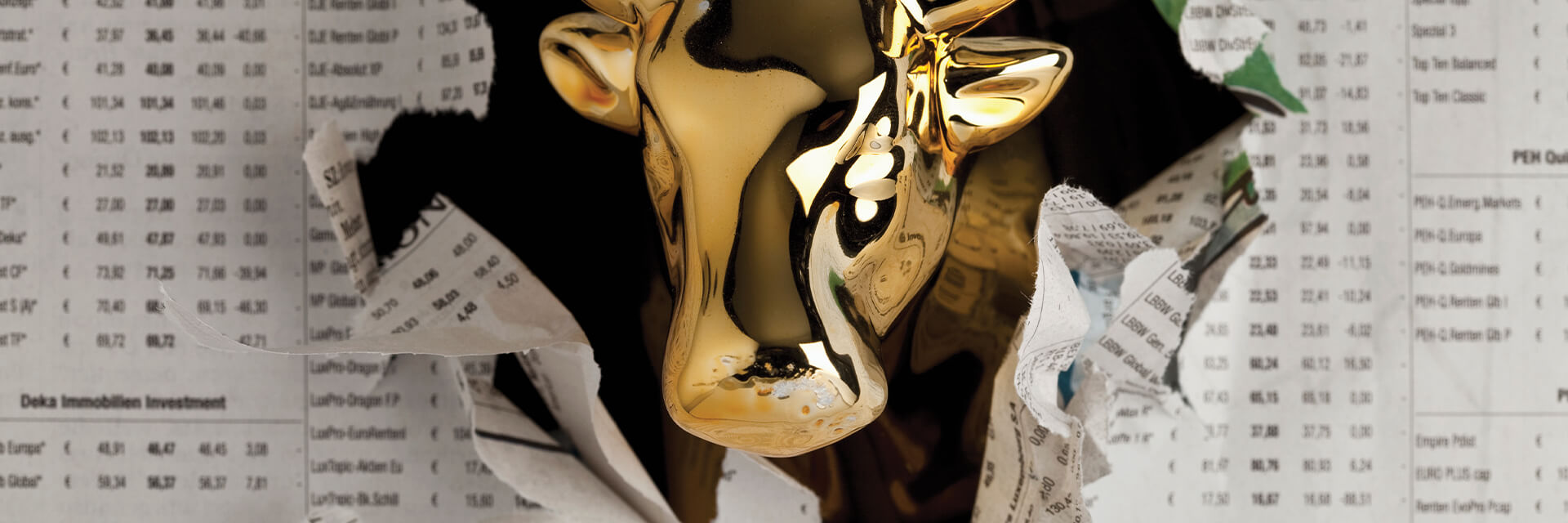
Sell-Side Due Diligence Considerations in M&A Transactions
- Published
- Mar 11, 2022
- Share
We have all heard of due diligence, but what does due diligence entail in an M&A transaction? It is used to identify, assess, prevent and mitigate issues found when a business is being acquired. Due diligence is an opportunity for the seller to gain the buyer’s confidence and highlight the capabilities and opportunity for a business. If you are properly prepared for a sale, the due diligence process should not result in any surprises. Due diligence is important because whenever a person or company acquires shares or assets in a business, the overarching principle of caveat emptor, or “buyer beware,” applies. This means that if you buy an asset, it is entirely your responsibility to ensure you get what you are expecting.
Many people ask about quality of earnings (“Q of E”). What does this mean? In former days it was more often referred to as financial due diligence, but in today’s world it has been shortened to Q of E. If you are aware of any issues, it is best to bring them to the attention of your transaction team so it can thoroughly examine the issue, since it will likely be discovered during the due diligence process anyway. The process begins with taking a step back and putting yourself in the buyer’s shoes to look at the company’s recent historical financials and projections. Given that Q of E is the analysis of your organization’s financial information by an independent third party, it is a necessary step in the sale of your business.
While we have been seeing tremendous demand for buy-side diligence, we are seeing an even a greater amount of demand for sell-side due diligence prior to entering a sale process. Today’s buyers are looking for increasingly detailed analyses on potential acquisitions; there’s no such thing as a simple transaction anymore. Providing buyers with a ready-made, in-depth sell-side due diligence report could avoid a drawn-out transaction and offers the opportunity to address any concerns before they arise. Further, investment banks don’t want to expend their time and resources for naught. A comprehensive sell-side due diligence report conducted by a third party will dig deep into a company’s financials to avoid significant and unexpected surprises. In addition to the financial due diligence, firms that are ready to sell must also consider deal structuring, tax, digital IT and cybersecurity.
Ultimately, the independent and balanced sell-side due diligence report will relay your company’s information to prospective investors in a manner that is acceptable to the shareholders and provides the best chances for a seamless transaction.
For more information Contact Michael Braverman, Partner and the firm's National Leader of Transaction Advisory Services.at michael.braverman@eisneramper.com or 732.243.7353.
Our Current Issue: Q2 2022
- Considerations for VC Managers to Build a Robust Business in 2022
- CFIUS Trends and Considerations for 2021/22
- Possible Amendments to the Investment Advisers Act of 1940 and Their Effect on Valuations
- Sell-Side Due Diligence Considerations in M&A Transactions
- CFO Considerations for Onboarding New Investors
- Succession Planning Considerations for Singapore Family Offices
Contact EisnerAmper
If you have any questions, we'd like to hear from you.











